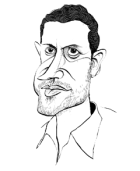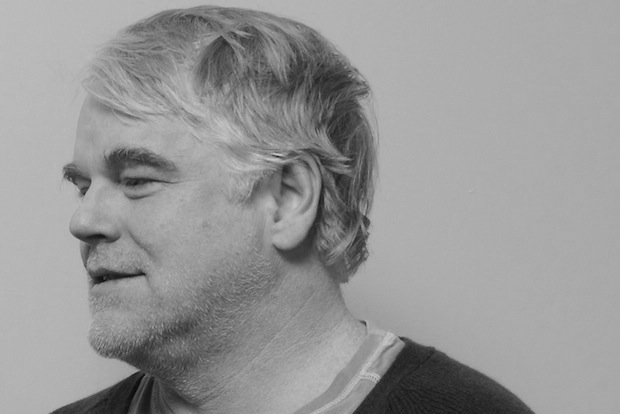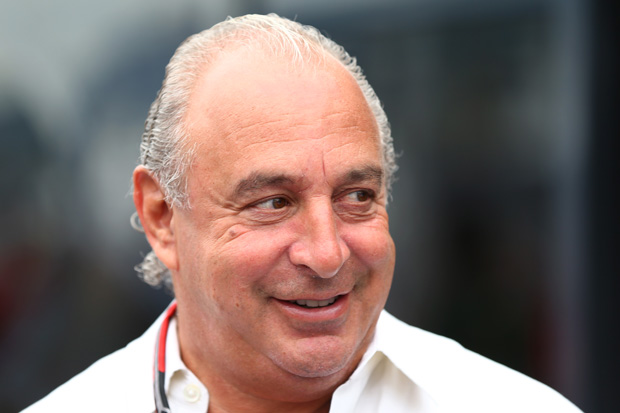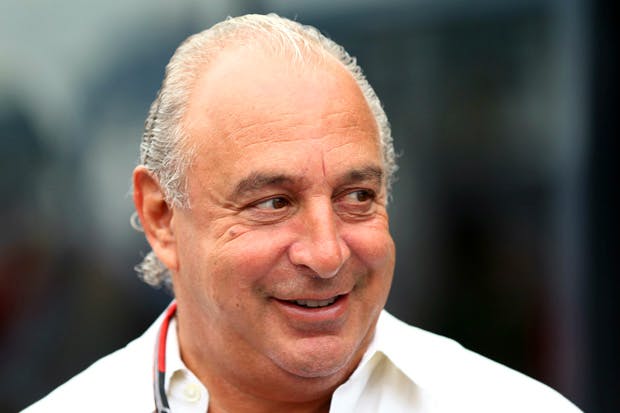Celebrity deaths have no decorum. From Elvis on his toilet to Whitney face down in her bathtub, their last moments sit alongside their songs, or films, or their drunken stumbles out of nightclubs. Kurt Cobain, my teenage idol, had been dead from a shotgun blast to the mouth for — what? Days? Hours, even? — before the newspapers started running photographs of his Converse-clad feet visible through the doorway of the shed in which he died. Fans would pass them around. Weird, really. If a favourite uncle dies in his bed, you don’t go asking your cousin for a Polaroid, do you?
Within a day of the death of Philip Seymour Hoffman this week, you could see a photograph of his bodybag leaving his New York apartment block, and read about him being found on a bathroom floor, syringe still in his arm. The Daily Mail had a supposedly tragic photograph of him asleep on an aeroplane a few days earlier (because only tragic junkies sleep on aeroplanes) and told us how his children had been playing at a playground nearby. The serious press, meanwhile, pretended to have loftier concerns. ‘Philip Seymour Hoffman had almost completed the Hunger Games shoot,’ reported the Guardian. So that’s all right, then.
For some reason, at least for me, this all felt even more invasive than usual. I didn’t know Hoffman as a human; I hadn’t ever interviewed him, nor even really ever given him much thought when I wasn’t watching him in a film. When I was, though, he was always a welcome face. I remember him first from Boogie Nights (1997), Paul Thomas Anderson’s fantastic depiction of the 1970s porn industry. He had a small part in that, but it was pivotal, because he was the only real human. All the other characters were fantastic, plastic and gymnastic; Moonies for the porn cult. He was a fat, nervous cameraman; quietly the only person who nobody would fuck. Faced with Hollywood, he was us. All his roles were a bit like this. He was our ambassador of normal in the land of the insanely hot. And despite having spent five years as a gossip columnist, I’d never gleaned much else.
I know more about him now, like we all do. Nearly everything I have learned has made me like him more. At the same time, though, it has made his death seem… I don’t know. Totemic of something awful. I mean, look, probably it’s totemic of nothing at all. We never really know these people unless we know them. We only get a working facsimile. His is of a man at the top of his game; working well, making films that were both successful and acclaimed, which is rare. Three little kids after 15 years of stable marriage. In his downtime, meanwhile, he’d work with a non-profit local theatre company, sometimes taking ticket stubs at the door.
It’s an old cliché that fame doesn’t bring contentment, and some stars wear that absence on their sleeves. Russell Crowe, say, might be one of the best actors of his or any generation, but once you learn that he’s a frustrated rock star his general misanthropy makes a whole lot more sense. Ricky Gervais, plainly, also isn’t happy being one of the funniest men alive, but wants to be Tom Cruise too. And Lord alone knows what Tom Cruise wants to be. Maybe Jesus. Plenty of others seem adrift in a culture that calls them ‘artists’ and knows they aren’t.
The upsetting puzzle of Hoffman, at least when one treats him like the simple, fictional character he truly wasn’t, is that none of that seems to be there. What more could this guy want? Where was the hole in his life that led to the hole in his arm? I make no apology, by the way, for regarding Hollywood success as the pinnacle of what success can mean. The film industry bestrides our culture like the King James Bible used to. Success at his level (at least from down here) seems absolute; with riches, fame, credibility on that level, what do you have left to prove? And don’t we live our lives, most of us, with a vast amount to prove? Struggling along under the impression that proving it and being content are one and the same?
Lives aren’t parables and addiction isn’t rationale. Drawing out any sort of theme is pat. Sometimes, though, when the golden gods of our culture crumble, it’s hard to think any other way. This is what makes Hoffman’s death upsetting, albeit vicariously so, for those of us who never knew him at all. What’s it all about, really, this bright-eyed life of toil and ambition, when one can live one that goes as well as his, and still leaves you dialling the smack dealer? Or to put it another way, if he wasn’t happy, what bloody hope is there for any of us?
A healthier kind of fame
Quickly, though, after all that. You know the only form of fame I can think of that doesn’t routinely churn out alcoholism, addiction and dysfunction by early middle age? Politics.
It’s worth thinking about that. I mean, sure, everybody can name a few. But it doesn’t seem the norm, does it? I wonder if that’s because it’s also the only form of fame that doesn’t come with adulation. Tell a man he’s brilliant every time he goes to work, and maybe he simply ends up needing a crutch to blot out the terror that one day the praise might stop. Tell him he’s rubbish, though, a charlatan, a moron, a back-stabbing, self-enriching, egotistical fraud, and perhaps the eventual silence comes as a blessed relief.
Got something to add? Join the discussion and comment below.
Get 10 issues for just $10
Subscribe to The Spectator Australia today for the next 10 magazine issues, plus full online access, for just $10.
Hugo Rifkind is a writer for the Times.
You might disagree with half of it, but you’ll enjoy reading all of it. Try your first month for free, then just $2 a week for the remainder of your first year.















Comments
Don't miss out
Join the conversation with other Spectator Australia readers. Subscribe to leave a comment.
SUBSCRIBEAlready a subscriber? Log in